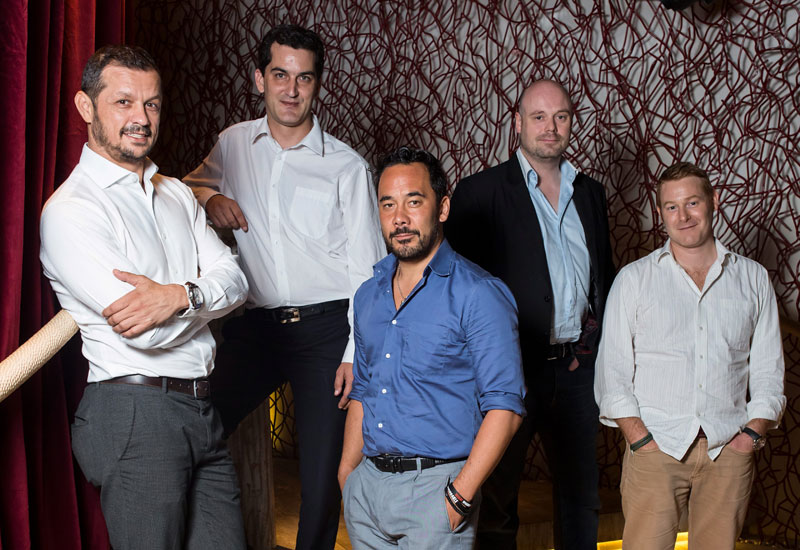Licensing
Obviously, another way in which this region’s bar sector differs from others around the world is the need for a majority to be located in hotels for a licence, or in areas “approved” for licences — in Dubai, this would be areas like Pier 7, Dubai International Financial Centre and so on.
However, there have been a few breakout venues which, by virtue of being a third–party lease and having a separate entrance, are considered independent. These also try to lend themselves a more casual air, which marks a change from previously popular hotel bars.
McGregor said: “Traditionally Dubai is a very five-star market and there’s definitely benchmarks they set themselves against, but it’s nice to tone everything back down. It’s a welcome twist to the market that I hope will continue and it would be fantastic to see that continue to a point where it starts encouraging real entrepreneurship from locals to build standalone brands.”

| Advertisement |
Mullins added: “Yes, there will always be sensitivities but there would be so much more external investment if people could come in, not go through the bureaucracy of hotels and pay the additional 15–25% handling and everything else that comes with it. Look at the UK and worldwide, there are a lot of pop–ups happening. Not necessarily guys who have lots of money but those who want to make something happen on a shoestring. Unless you’ve got a healthy seven-figure number, you can’t set up in Dubai.”
Innovation
Restrictions on what can and cannot be done are also rampant in a highly bureaucratic or corporate structure, and also from the point of view of what the consumers want.
McGregor said that when it comes to drinks innovation, there is a big disparity between what bartenders want to do and what that means for the guest.
“In Dubai, it’s very hard to have a new concept and promote a different way of doing something because if people don’t get [what they are used to], they will say they want it XYZ way. In this market you could probably run a club with a dozen products!”
The panellists agreed that innovation either goes ahead or is curtailed if the investors don’t think it is cost–efficient. McGregor said: “And all of it comes down to: is it suitable to Dubai? And do we want to support it or challenge the status quo?A lot of bartenders tell me they want to do something but they’re not allowed to. And that does come down to corporate structure.”
Gillgren added: “Corporates should be there as a basic structure to support you to be innovative. Because a USP is what makes a place.” Mullins countered: “The problem is if you do try to do something different and it doesn’t immediately make money, there’s pressure from above to go back to the status quo.”
So where is the industry going from here? There is clearly a desire from bartenders to challenge the current standing, make a difference, and make the region stand out as an innovative place in a highly profitable industry.
To interact with these experts and many others from the bar and nightlife sector, attend the forum on October 5, 2015.









 Search our database of more than 2,700 industry companies
Search our database of more than 2,700 industry companies









